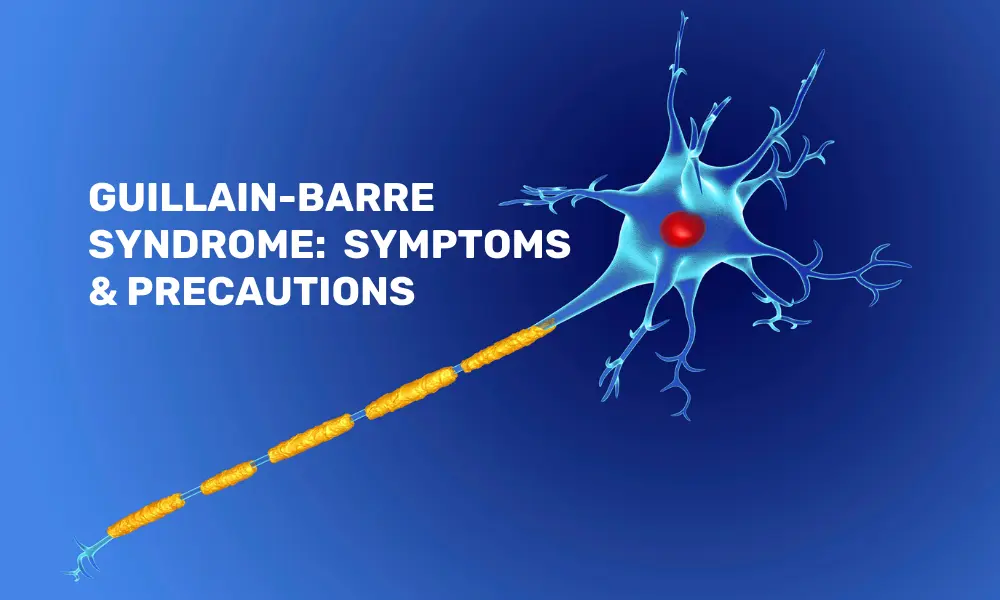Stress is one of the top indicators of health. Excessive stress at work can trigger many health complications.
Stress often refers to the adverse reaction of individuals to excessive pressures or other types of demands placed on them. Individuals feel stressed when they cannot cope with pressures and other issues.
Stress affects people differently; what stresses a person may not affect another. Stress has a significant impact on an individual’s performance and overall well-being.
Signs of stress in an individual
A change in the way someone acts, thinks, or reacts to a situation or peer group can be a sign of stress. This may include:
-
Take more time off
-
Arrive late at work
-
Be nervous or disoriented
-
Being withdrawn or disinterested
-
Loss of commitment, motivation, and confidence
-
Increased emotional reactions like being more sensitive, or aggressive
Causes of stress at work
Five main areas can lead to work-related stress if not managed properly. These are demands, support, control, relationships, and change in role. Certain situations at work may trigger stress; these may include:
-
Excessive work pressure, which an individual finds difficult to cope with.
-
When an employee is unable to control the way, they do their work.
-
Trouble with relationships at work or are being bullied.
-
Lack of proper information and support regarding the work.
-
Lack of understanding about roles and responsibilities.
-
When an employee is not engaged while a business is changing.
-
Factors like skills, experience, age, or disability may all affect whether a worker can cope.
Most lifestyle disorders originate from a stressful life, and one must manage the stress well to prevent health complications. While exercise is one way to reduce stress, certain foods can help alleviate it too. Here, are three specific foods known for their stress-reducing properties.
-
Peanuts are a food rich in vitamin B6 and magnesium. These nutrients are known to improve memory and reduce stress indicators, per a study published in Clinical Nutrition. Peanuts are rich in polyphenols, which enhance cognition and mood, potentially reducing depression.
-
Cashew nuts are another food type known to improve mood swings. They are packed with essential minerals like iron and magnesium. Consuming a handful of cashews daily can be an energy booster, especially during low mood or fatigue periods. One can incorporate cashews into a bedtime routine by having them with milk.
-
Dry coconut is a superfood abundant in lauric acid and is known for its positive effects on hair and skin health. Consuming raw coconut can increase scalp hydration and nourish dry, curly hair. Moreover, it strengthens connective tissues, promotes brain function, lowers blood cholesterol levels, and prevents anemia. Its satiating properties can also curb stress eating, making it an excellent choice for those looking to manage their stress levels through diet.
The kind of diet an individual has impacts the quality of their life significantly. Incorporating these three foods can help one manage stress levels without any complications. However, it is better to seek professional help if the stress is beyond control.





